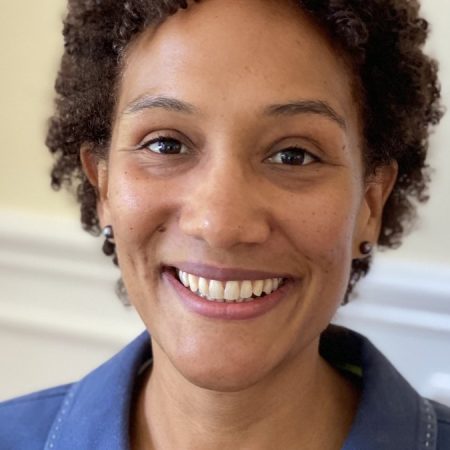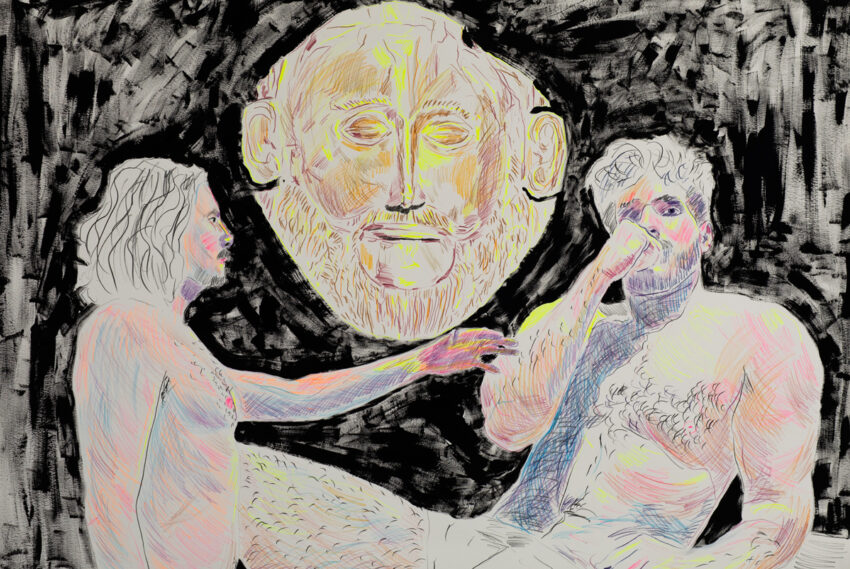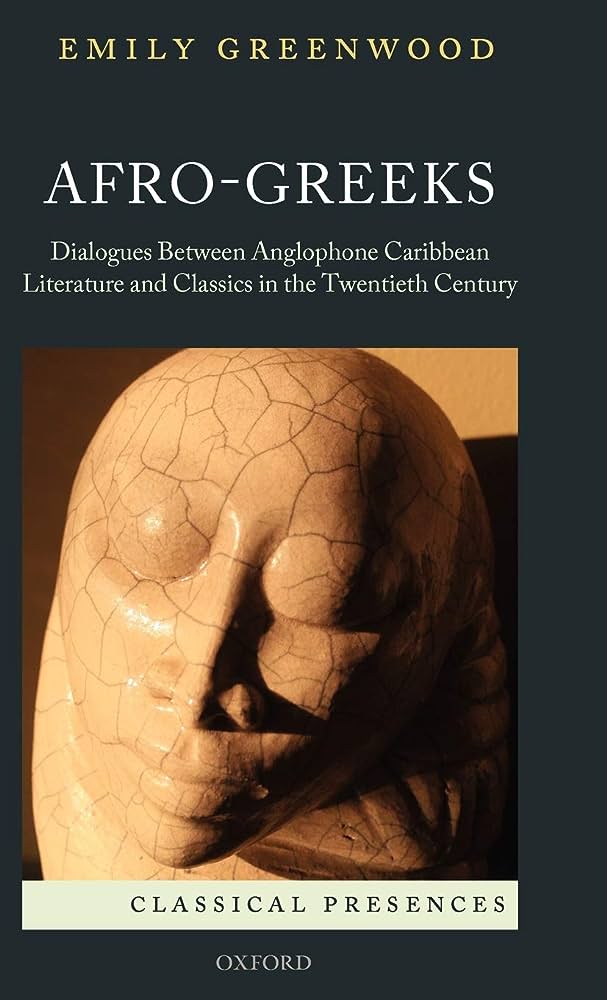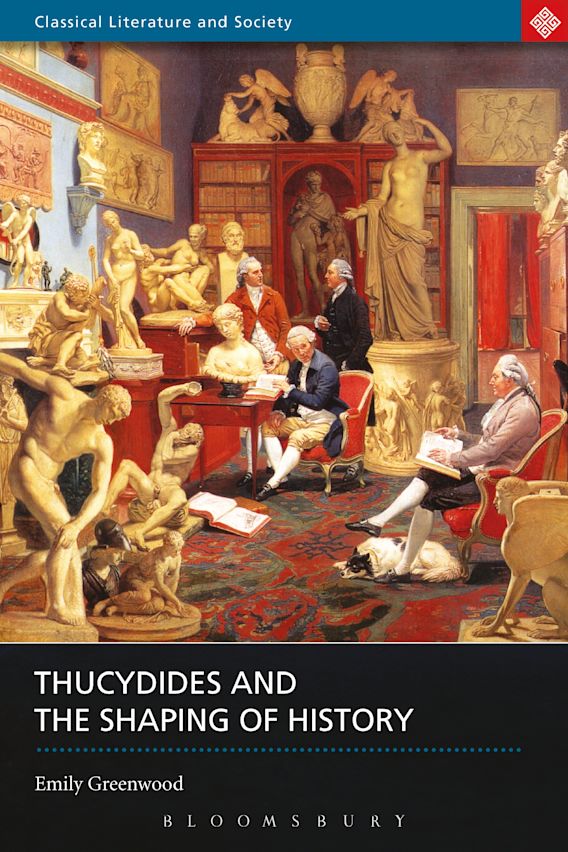
Research Interests: Ancient Greek prose literature, Greek historiography, classical reception studies, black studies, postcolonial literature and theory.
In broad terms, I am interested in the plural histories of use that make up the classical tradition of ancient Greece and Rome and reciprocal dialogues between the modern discipline of Classics and unruly histories of reception. I am equally excited by Demosthenes’ use of Thucydides, how postcolonial literatures recycle Greek myths, and what classical philology can teach us about the grammar of being human in contemporary America. As a classicist, I consider myself responsible for knowledge of and about the ancient Greek works that I study, and for reimagining the history and literature of ancient Greece and Rome against different horizons. This is what, in my view, makes Classics a fresh and endlessly complex field of study: beyond the piling up of erudition, it is also a way of living and thinking with dynamic works and using our moral imagination in the process.
My research spans ancient Greek literature (especially historiography), classical reception studies, translation studies, intellectual history, postcolonial studies, and Black Studies. I have published two books: Afro-Greeks: Dialogues Between Anglophone Caribbean Literature and Classics in the Twentieth Century (2010), joint winner of the 2011 Runciman Award, and Thucydides and the Shaping of History (2006). I have also co-edited two volumes, Homer in the Twentieth Century: Between World Literature and the Western Canon (co-edited with Barbara Graziosi), and Reading Herodotus: A Study of the Logoi in Book 5 of Herodotus’ Histories (co-edited with Elizabeth Irwin). I am working on two current books projects. The first, Black Classicisms and the Expansion of the Western Classical Tradition, explores the critical difference that local and transnational black traditions of interpreting Greek and Roman classics make to existing conceptions of the Western classical tradition and Classics as a node for black internationalism. The second, The Recovery of Loss: Classics and the Erasure of American Histories examines paradigmatic instances where ancient Greek and Roman narratives, myths, and histories were used to stand in for diverse American histories, contributing to their loss. I explore ways in which classical scholarship might contribute to the understanding and partial recovery of this loss. I am also guest editor for a two-volume special issue of the American Journal of Philology on the theme of “Diversifying Classical Philology” (AJP issues 143.2 and 143.4).
Education: University of Cambridge, B.A., M.Phil., and Ph.D. degrees in Classics




Founded as a graduate program in 1904 and joining with the undergraduate Literature Concentration in 2007, Harvard’s Department of Comparative Literature operates at the crossroads of multilingualism, literary study, and media history.
© 2023 President and Fellows of Harvard College
Sign up to receive news and information about upcoming events, exhibitions, and more